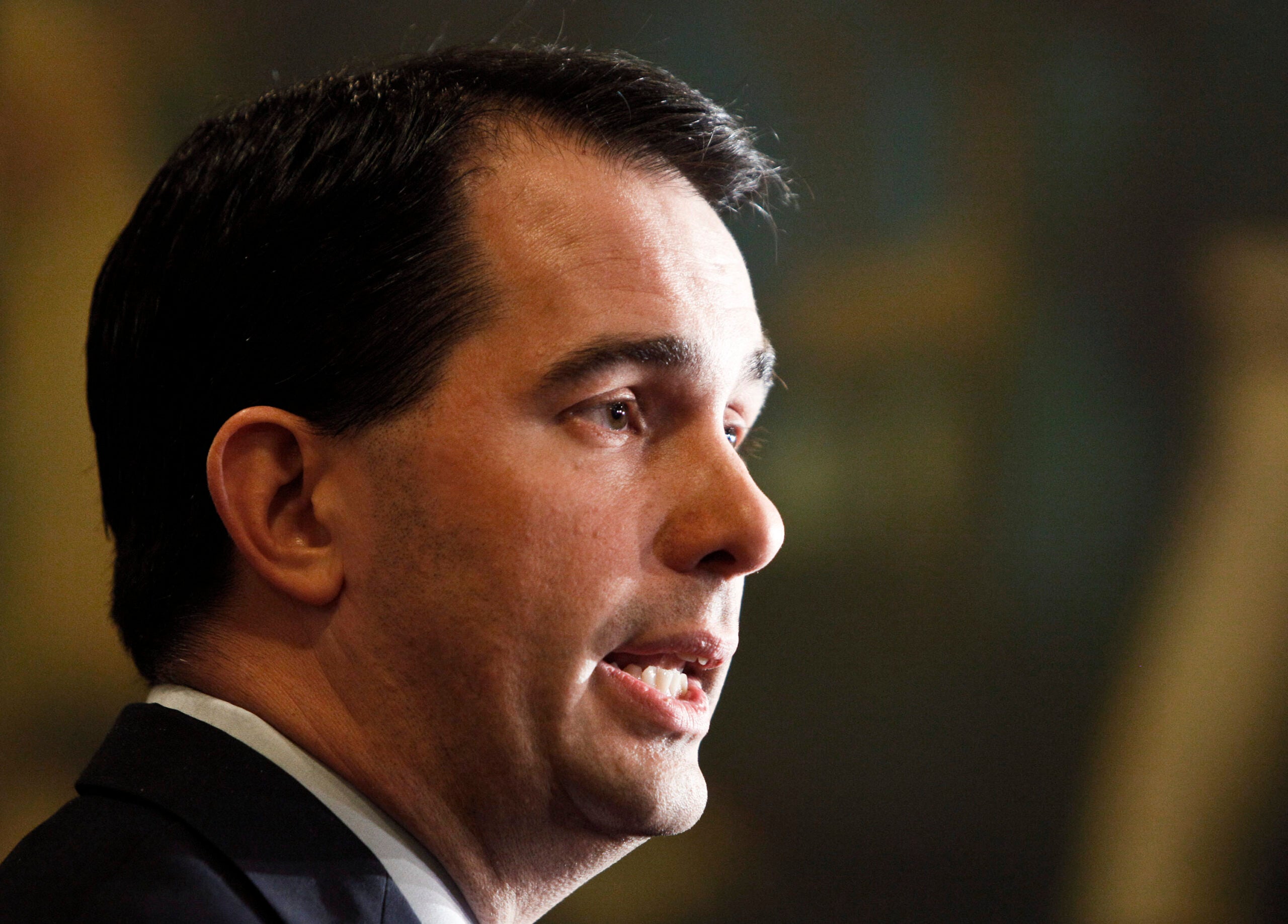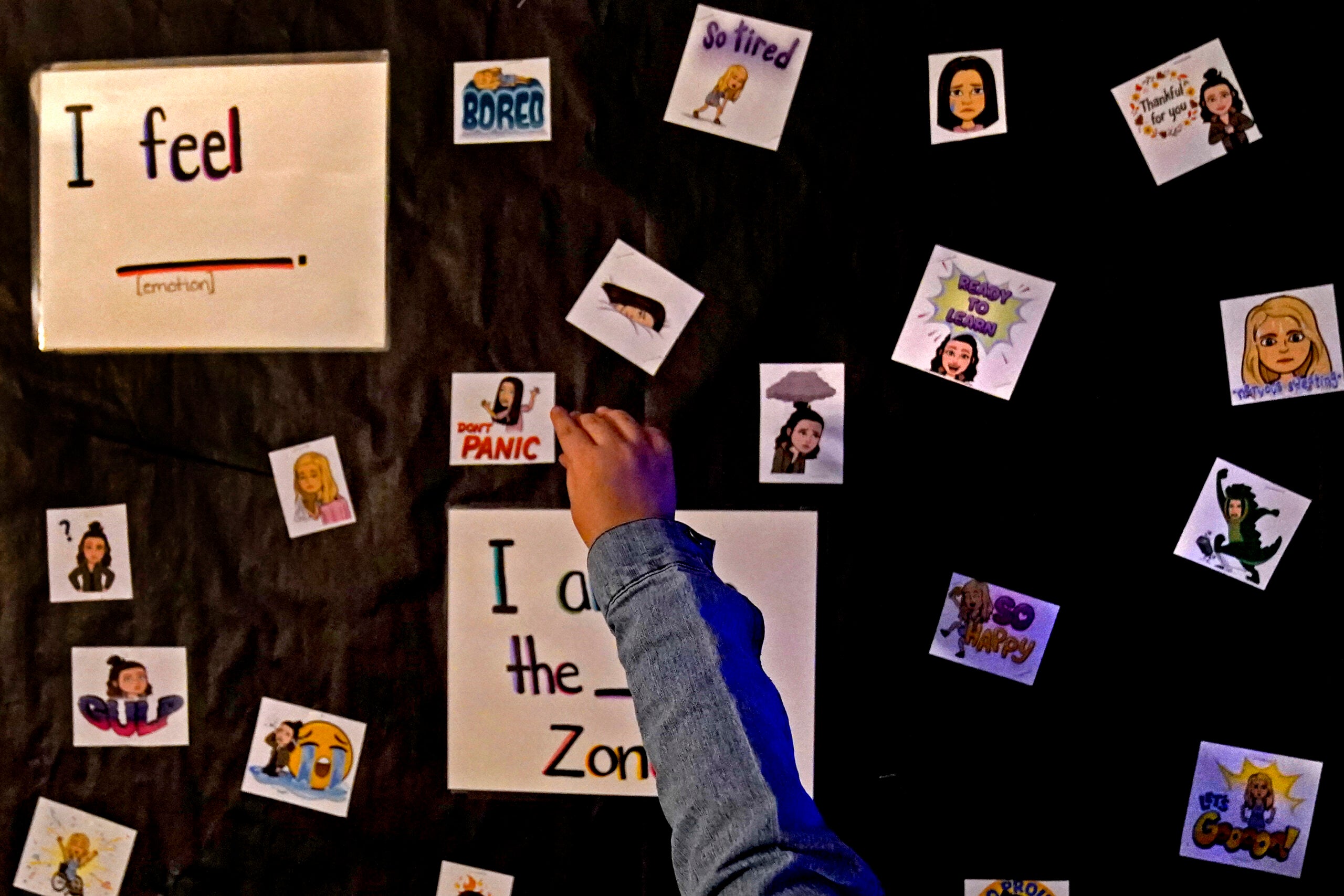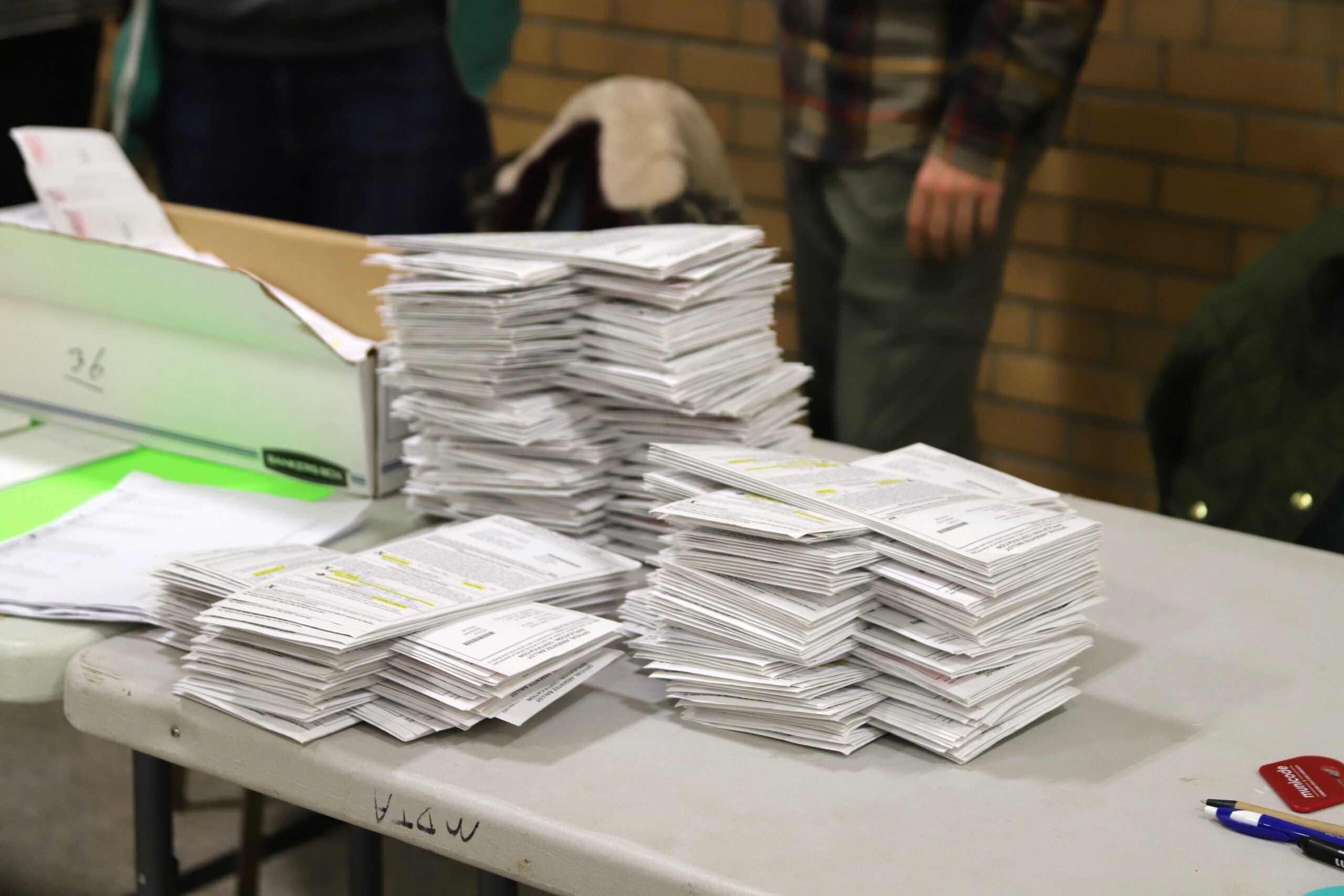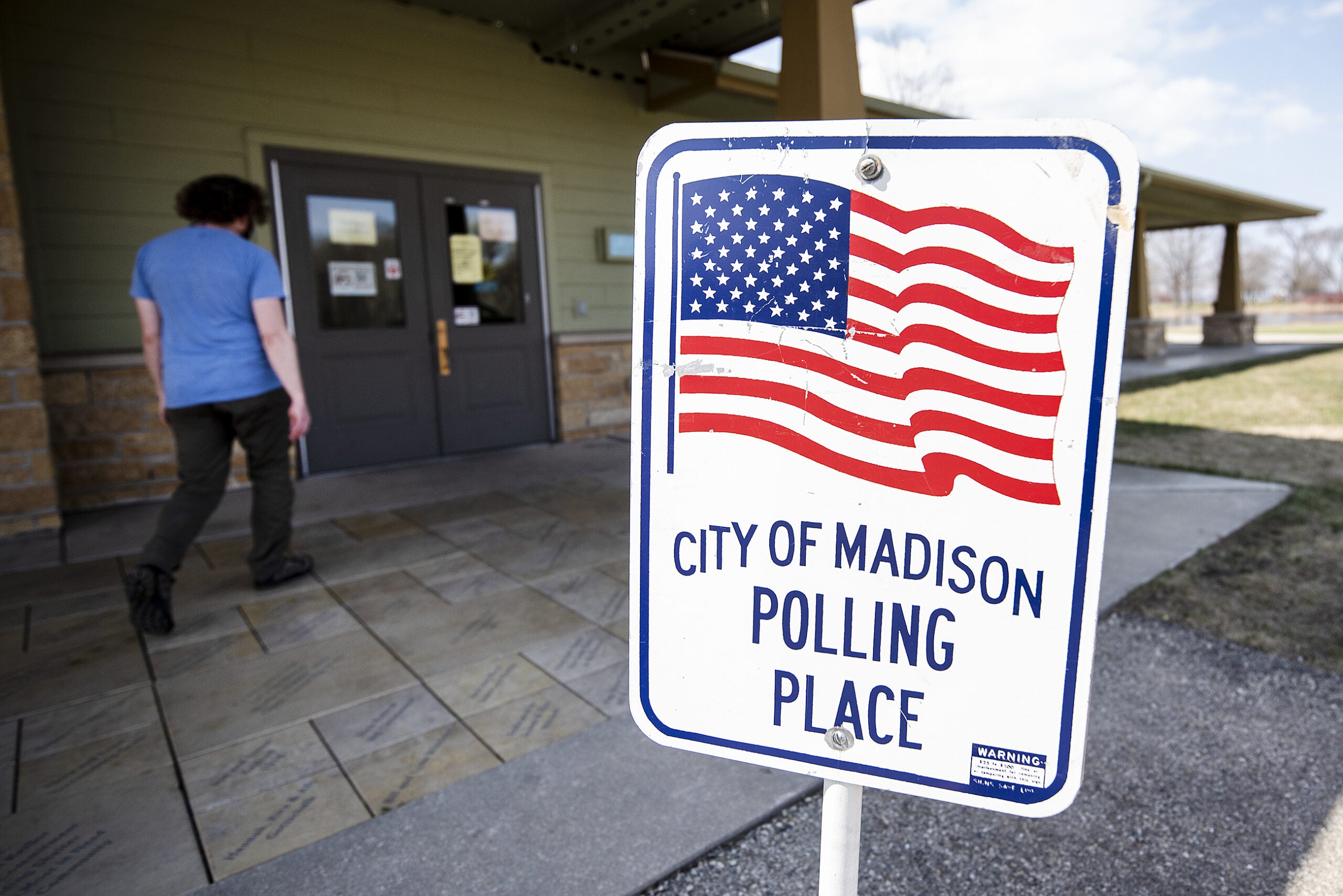Paul Soglin’s formal announcement that he’s running for governor prompted Gov. Scott Walker to criticize the City of Madison even as his administration promoted it as part of a new multi-state marketing campaign.
Soglin, who has been Madison’s mayor off and on for three stints dating back to 1973, made his formal announcement Wednesday morning. Soon after, Walker tweeted a warning.
“The last thing we need is more Madison in our lives,” Walker said. “@Paulsoglin is the latest extreme liberal who wants to take our state backward.”
Stay informed on the latest news
Sign up for WPR’s email newsletter.
The move was in sharp contrast to a $1 million marketing campaign unveiled by the Wisconsin Economic Development Corporation aimed at encouraging young people from other states to work in the state.
The campaign features a video with footage of young people drinking beer and wine on a Madison rooftop with a backdrop of the state Capitol building. It also shows people in kayaks on Lake Monona in front of the city’s Monona Terrace Convention Center.
“In Wisconsin, the average commute is less than 22 minutes,” says the video’s narrator. “So you’ll have more time to do the things you love.”
WEDC’s website also promotes Madison as being listed among the best cities to live in America and features prominent photos of city landmarks and restaurants.
Crime, Economy
Walker also attacked Madison for its crime rate and economy under Soglin, saying “businesses have left and murders have gone up,” though statistics don’t entirely back that up.
That’s especially true with Madison’s economy, where the unemployment rate is just 2 percent, which is even lower than the 3.2 percent unemployment rate statewide.
It’s harder to make an apples-to-apples comparison when it comes to business growth under Soglin compared to Walker. Soglin began his latest term in April 2011, while Walker took office in January of that year. In addition, the most accurate employer statistics cover counties and states, not cities.
But between 2010 and 2016, private sector employment has grown by 15.7 percent in Dane County, compared to 9 percent in Wisconsin, according to the U.S. Bureau of Labor Statistics.
“I think the state of Wisconsin will be better off the more it looks like Dane County,” said University of Michigan Labor Economist Donald Grimes, though Grimes suggested inequality might also increase because of the big increase in service industry jobs to accommodate Madison’s growing knowledge economy.
Walker’s criticism of Madison’s murder rate is accurate, though experts say it’s misleading.
The Madison Police Department said 11 people were murdered in the city in 2017, which is up from eight in 2016. According to FBI data, it’s the highest total in at least three decades.
But crime data expert Jeff Fischer, who writes for the website fivethirtyeight.com, said it’s dangerous to read too much into a one-year increase in Madison’s murder rate.
“You’re talking about a crime that has a really low base rate, and you can have one or two incidents that make the difference between ‘Hey, everything is normal’ and ‘Hey, murder is down,” and ‘Hey, we’re seeing a 33 percent rise in murders,” Fischer said. “It’s not inherently indicative of a rise in crime. It may just be pure luck. It may just be pure randomness.”
By comparison, FBI data shows the number of murders in Wisconsin grew from 155 in 2010 to 229 in 2016, a 48 percent increase.
Trump, Walker
Soglin used his announcement Wednesday to attack Walker for his support of President Donald Trump and Wisconsin’s Foxconn deal.
The 72-year-old Soglin hopes to tap into supporters of liberal former presidential candidate Bernie Sanders who won the Wisconsin primary in 2016. Soglin said both Trump and Walker do not believe in the principles of “equal justice under the law.”
Soglin is among at least nine Democrats running for governor who will square off in the August primary. The winner will take on Walker as he seeks a third term in November.
Editor’s Note: This story was last updated at 5:39 p.m. Wednesday, Jan. 10, 2018 with original reporting by WPR. Associated Press content was used in this report. An earlier version of this story stated incorrect unemployment rates for Wisconsin and Madison, those figures have been correct to 3.2 percent and 2 percent respectively.
Wisconsin Public Radio, © Copyright 2025, Board of Regents of the University of Wisconsin System and Wisconsin Educational Communications Board.




